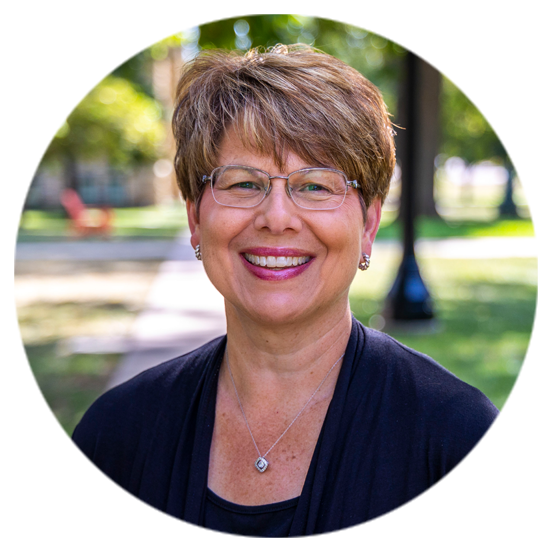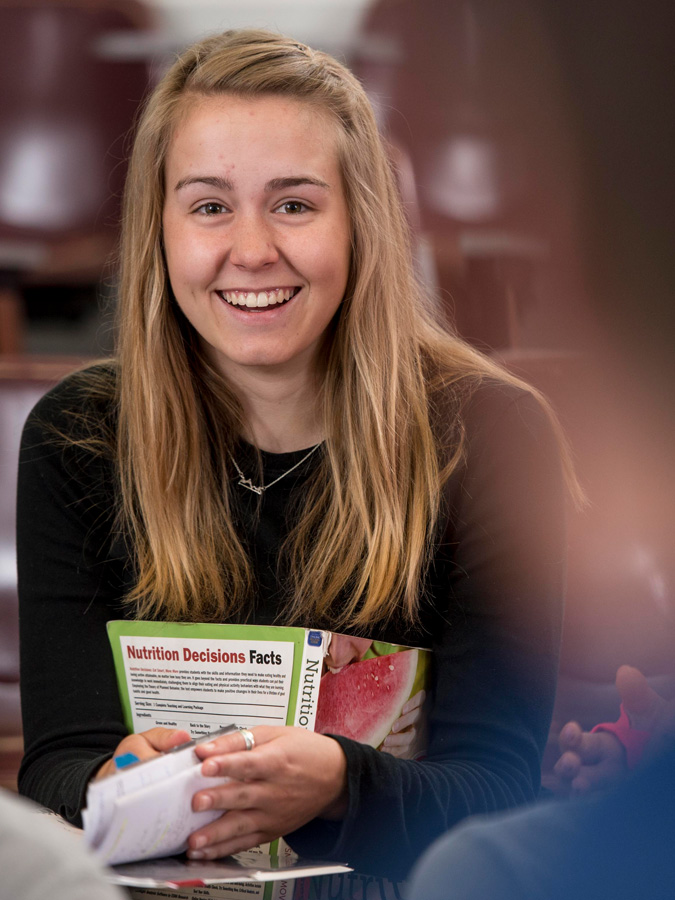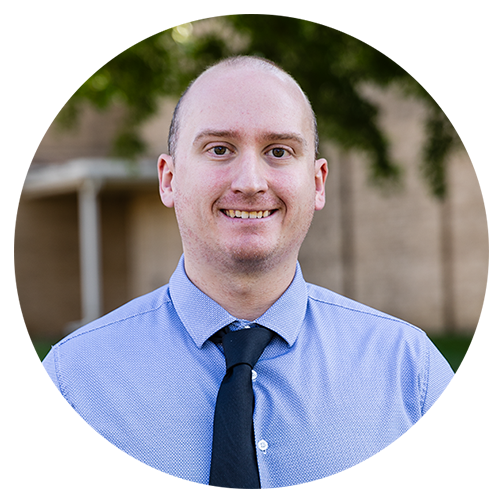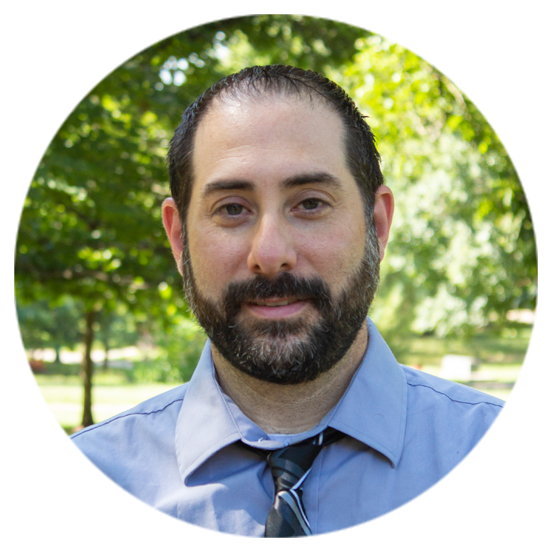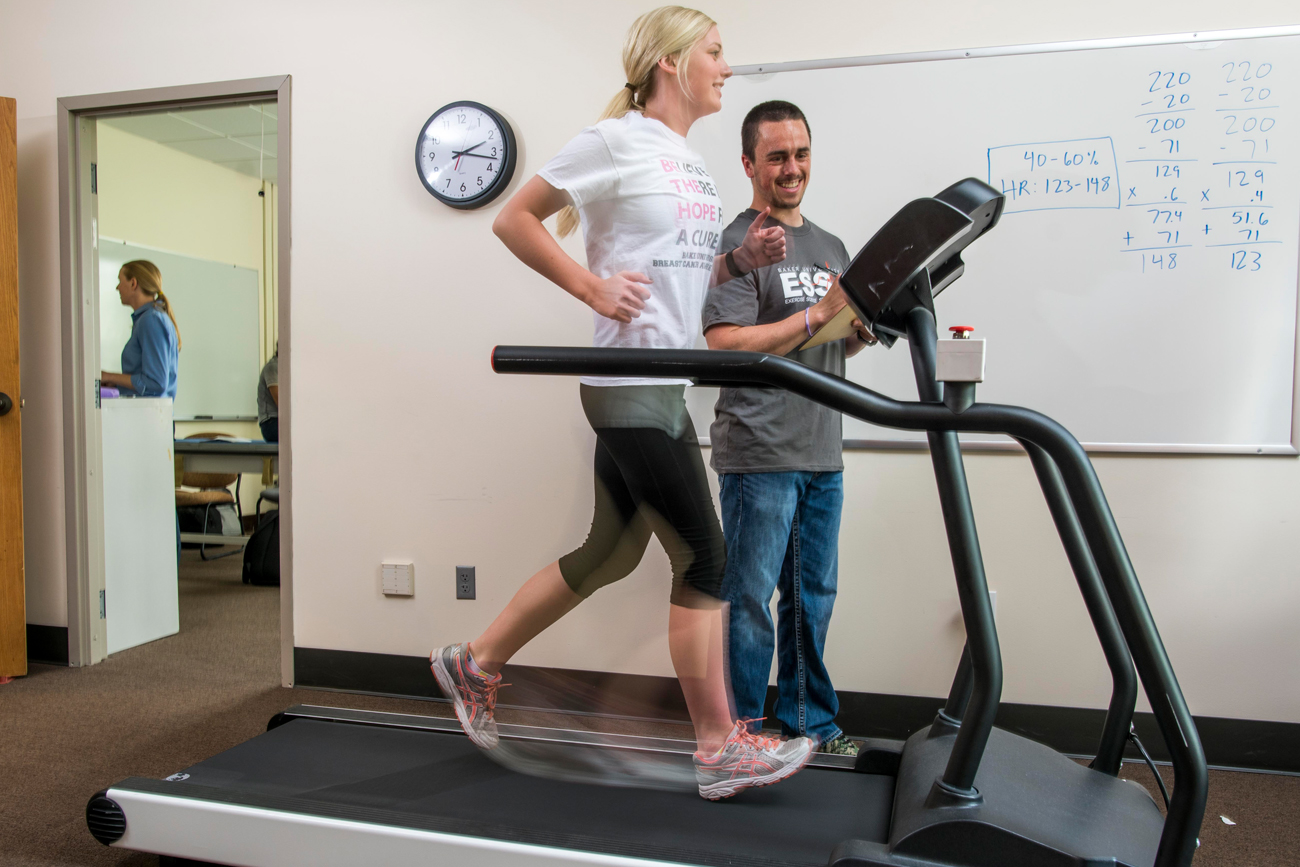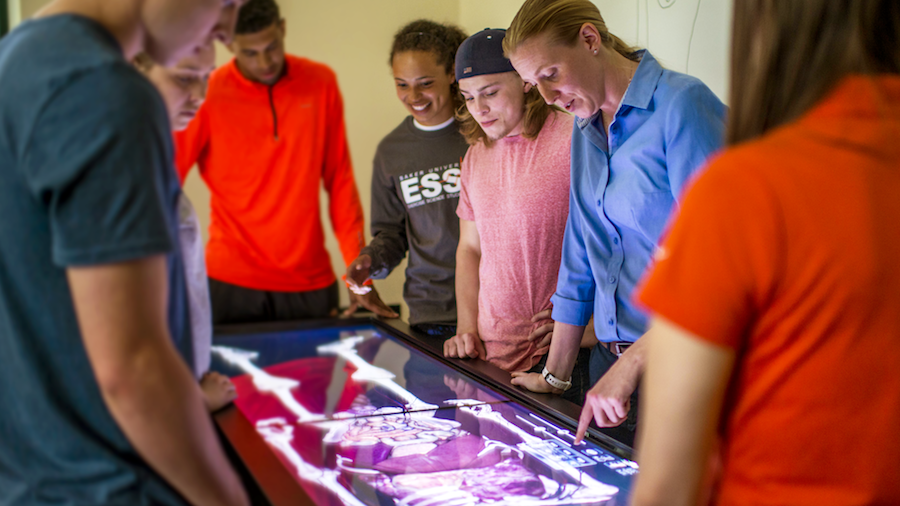EX 181 Introduction to Applied Health Sciences 3 hrs. Every semester.
Students will be introduced to the basic physiological, metabolic, and psychological responses and adaptations related to physical activity, exercise, sport, and athletic performance. Basic principles of physical fitness as they relate to the various anatomical systems will be examined. The course will also discuss the various disciplines and specialty areas within and related to exercise science and public health.
EX 184 Lifetime of Fitness, Health, and Nutrition 3 hrs. Fall only.
This course examines factors which affect a person’s overall health and fitness across the lifespan. Students will conduct a variety of assessments intended to determine their current level of fitness and will examine ways to incorporate healthier nutritional choices and suitable fitness activities into their daily lives.
EX 201 Food and Culture 3 hrs.
This course explores the dietary patterns, nutritional behaviors, and their influences on people from around the world. Students will be given opportunities to explore all of the ways that food choices are an outward sign of culture and identity, focusing on the biological, sociocultural, and environmental factors that influence food consumption patterns. Topics include food, culture and health beliefs; intracultural communication & world religion; and cultural exploration of the Americas, Europe, Asia and the Pacific Islands, Africa, the Balkans and the Middle East, and regional America. Students will gain a better understanding of the role of food in their own life and have a broader perspective from which to engage other cultures.
EX 241 Foundational Experiential Learning Lab for Applied Health Sci 1-3 hrs. Every Semester.
Foundational Experiential Learning is a somewhat individualized course defined as a research, volunteer, or leadership opportunity within a professional setting under which the student is guided and supervised by a Course Descriptions 196 practicing professional at the introductory level. It is an opportunity to apply the knowledge, skills, and abilities associated with their respective degree program. Prerequisites: permission of the instructor. R (maximum of 3 credit hours)
EX 244 Essentials of Sports Medicine 3 hrs. Spring term.
The course will cover the basic science of sports medicine, medical problems of athletes, sport-specific injuries, and anatomical skeletal problems. Students learn the fundamentals of the prevention and care of injuries related to athletic participation necessary for teaching and coaching assignments. Laboratory experience provides situations for simulation and practice.
EX 245 Human Nutrition 3 hrs. Every semester.
This course is an introduction to the fundamentals of human nutrition as related to growth, development, and the maintenance of good health. In addition to nutritional theory, students learn to analyze and plan nutritional regimes. This course is required for admission to most nursing schools and majors in several allied health science fields.
EX 246 Medical Terminology 3 hrs. Every semester.
This course is a comprehensive study of the professional language of medicine. Medical terms will be analyzed by learning word roots and combining forms. Students will learn over 500 terms and will be able to recognize hundreds more with familiarity of Latin and Greek root prefixes and suffixes. An integrated study of disease processes and diagnostic and operative procedures will be studied as the student applies each system of the body. Selected medical specialties will also be presented.
EX 248 Sports Nutrition Every semester.
This course provides students an introduction to nutrition for health, fitness, and athletic performance. The course will allow students to understand and apply basic principles and concepts in the biological sciences by describing the nutrition guidelines for exercise pertaining to timing of intake and quality of food choices for calories, carbohydrates, protein, micronutrients, and fluids. Students will learn to assess an athlete’s nutritional needs while training and competing in sport events and will apply the process to develop a nutritionally appropriate meal plan for exercise. Students will identify and critically assess ethical and societal issues in science in relationship to the use of ergogenic aids, identify appropriate interventions for weight management and eating disorders pertaining to exercise, evaluate personal dietary behaviors and identify dietary changes that will enhance physical health, nutritional status and athletic performance, and demonstrate the ability to evaluate and appreciate evidence-based information as it relates to the development of health, fitness, athletic and nutrition behaviors.
EX 251 Measurement in Exercise Science and Allied Health 1 hr. Fall only.
This course is an introduction to the measurement and research processes of exercise science and allied health, including selecting instruments and assessment protocols, calibrating equipment, assessment administration and management of measurement, calculating statistics, and evaluating and presenting results. Additionally, students will be introduced to current and traditional measurement trends and research topics associated with evidence-based laboratory and practitioner techniques. Prerequisites: EX 181 and 245.
EX 300 Group Exercise Instruction 1 hr. Spring only.
This applied course is designed to expose students to the knowledge and skills required to teach exercise in an assortment of group settings and to a variety of populations. The course will focus on both healthy and diseased states as supported by the latest evidence-based research and practices. Prerequisites: EX 346 and junior status or permission of the instructor.
EX 325 Advanced Nutrition 3 hrs. Spring only.
Students will become familiar with the interdisciplinary nature of food science, including the chemical and physical properties of foods. They will explore key food commodities and food composition. Students will also become familiar with processing methods included in all major food commodities, as well as gain a Course Descriptions 197 background in microbiology and fermentation, food handling and safety, food contamination, and toxicology. Course fee required. Prerequisites: EX 245 and junior status or permission of the instructor.
EX 330 Culinary & Nutritional Medicine 3 hrs. Fall only.
The focus of this course sets aside the focus on a sole nutritional viewpoint in an attempt to support traditional and prescribed medical practices. The emphasis is an evidence-based approach to apply culinary and nutritional choices and practices to specific conditions, likely steering far from a concept that stands on common practices designed to support the many and not the needs of the individual. Prerequisites: EX 245 and junior status.
EX 342 Motor Learning 3 hrs. Spring only.
This course is specifically designed to bridge the gap between research and practice in the science of human movement learning. Students will be introduced to concepts that will build a solid foundation for assessing performance, providing effective instruction, and designing productive practice environments. Laboratory investigations will relate learning theory to feedback, retention, motivation, and optimum skill acquisition. Prerequisite: Junior status or permission of the instructor.
EX 344 Exercise Physiology with Lab 4 hrs. Spring only.
This course is an overview of the acute responses and chronic adaptations that occur in response to exercise and exercise training, respectively, and will focus on bioenergetics and metabolism, neuromuscular physiology, fatigue, cardiorespiratory physiology, and training for performance. Other topics will include the effect of exercise on the immune and endocrine systems and environmental physiology (thermoregulation in the cold and heat, and altitude training). The topics covered are reinforced through laboratory experiences. Prerequisites: BI 246, BI 247, EX 347, and acceptance in the Exercise Science program.
EX 345 Therapeutic Exercise 3 hrs. Spring only.
This course examines the foundation and theory associated with improving body function following injury. Principles of assessment, treatment, and rehabilitation will be taught by both lecture and laboratory sessions. Prerequisites: EX 347 and acceptance in the Exercise Science program or permission of the instructor.
EX 346 Special Populations and Conditions 3 hrs. Fall only.
Students will examine the scientific, theoretical, and practical approaches to adapted exercise throughout the lifespan. Students will study appropriate exercise considerations, protocols, and modifications for a variety of disabilities, diseases, and conditions affecting the anatomical body systems. Prerequisites: EX 181, BI 247, and acceptance in the Exercise Science or Public Health program.
EX 347 Applied Kinesiology 3 hrs. Fall only.
Kinesiology is the study of the anatomical and mechanical aspects of human movement. This course explores the biological properties of the skeletal and muscular systems. Laboratory experiences will involve movement analysis, projectile-related activities, and aerodynamics. Prerequisites: BI 246, BI 247 and acceptance in the Exercise Science program. Co-requisite: EX 347L Applied Kinesiology Lab.
EX 367 Principles of Strength and Conditioning 3 hrs.
This course provides an overview of strength and conditioning. Emphasis is placed on the exercise sciences (including anatomy, exercise physiology, and biomechanics) and nutrition, exercise technique, program design, organization and administration, and testing and evaluation. Additionally, this course is designed to prepare students for the nationally accredited Certified Strength and Conditioning Specialist (CSCS) certification exam. Prerequisite: EX 347.
EX 400 Seminar in Exercise Science 1 hr.
This course is designed for junior or senior level Exercise Science students who want to gain a more focused understanding in a specified area of the discipline. Senior Seminar in Exercise Science will focus on a special topic in one of the following focus areas: Health and Fitness Assessment, Exercise Prescription and Course Descriptions 198 Implementation, Exercise Counseling and Behavior Modification, and Risk Management and Professional Responsibility Prerequisite: Junior status. R (with different topics).
EX 411 Vital Issues in Lifestyle Medicine 3 hrs.
This course offers an interdisciplinary examination of lifestyle factors affecting everyday health behaviors and chronic disease development in the world’s population. This course will examine evidence-based preventative and therapeutic approaches to combating chronic disease through the use of diet/nutrition, physical activity, stress management, tobacco cessation, and reducing other risky behaviors. Prerequisites: QS 311 and junior status.
EX 441 Experiential Learning Lab for Applied Health Sciences 1 -3 hrs. Every semester.
Experiential Learning is a somewhat individualized course defined as a research, volunteer, or leadership opportunity within a professional setting under which the student is guided and supervised by a practicing professional. It is an opportunity to apply the knowledge, skills, and abilities associated with their respective degree program. Prerequisite: EX 241 and permission of the instructor. R (maximum of 3 credit hours).
EX 490 Learning Assistantship in Exercise Science 1-3 hrs. Every semester.
Qualified Exercise Science majors who serve as learning assistants help the primary instructor with the design and implementation of a given exercise science course. The students’ responsibilities may include the development of testing materials, research design, the preparation of demonstrations, laboratory sessions, and small group lectures, tutoring, and student evaluation. Prerequisite: Permission of the instructor. R
EX 494 Exercise Programming: Assessment and Prescription 4 hrs. Fall only.
This course prepares students to learn skills associated with screening clients for exercise participation, conducting basic fitness assessments, interpreting assessment test results, and fashioning exercise prescriptions to meet clients’ needs. In addition, the course is designed to instruct the students on the basic physiological and methodological aspects of programming application through practical experience. Prerequisites: EX 344, EX 346, EX 347, and acceptance to the Exercise Science program.
EX 497 Clinical Experience in Exercise Science 12 hrs. Every semester.
This course is an in-depth clinical experience in a professional setting appropriate to the student’s major and is monitored closely by a site supervisor as well as the Clinical Experience Supervisor. This course is designed as a capstone experience to be completed once all other required coursework for the major has been completed. The course involves approximately 40 clock hours of clinical experience for each hour of credit. The student and University supervisor establish a specific set of goals and assess the outcomes at the end of the experience. The course will include a project that will be meaningful to the clinical site. Prerequisites: Exercise Science program acceptance, senior status in Exercise Science program, completion of all other major coursework, and Clinical Experience Supervisor approval. Student Liability Insurance required. Students are required to register and sit for either the ACSM Certified Exercise Physiology or NSCA Certified Strength and Conditioning Specialist exam during the clinical experience.
